DESTINED TO FLY/SONGBIRD REHABILITATORS NETWORK
IWRC member Connie Black is the founder and director of Destined to Fly in Harrowsmith, Ontario. She has dedicated her life to wildlife rehabilitation, particularly focusing on the care of songbirds. With a passion for avian species, she established the Songbird Rehabilitators Network on Facebook in collaboration with Julie Eicke, a renowned North Carolina Avian Rehabilitator, back in 2016. This online community was created to provide valuable information and support to those who are permitted to care for migratory songbirds of all ages, including volunteers, staff, and interns.
Having started her journey in 2003, Connie has amassed considerable experience in the field of wild bird rehabilitation. Although she has cared for various avian species, her concern for the declining population of songbirds led her to specialize in their care. Faced with a lack of accessible information on the subject, she took the initiative to establish the Songbird Rehabilitators Network to address this gap. The group started with 38 members in 2016 and has since grown to over 500 dedicated individuals.
The inspiration for her wildlife rehabilitation work came from Kit Chubb, a local avian rehabilitator who used to write articles in the community’s newspaper. Eager to contribute, Connie began volunteering and quickly became engrossed in the field. Under Chubb’s mentorship, she gained invaluable knowledge and was encouraged to seek additional information from various sources.
Specializing in the care of songbirds and their allies, such as Killdeer, woodpeckers, and Chimney Swifts, her work now centers on insectivore and Species at Risk baby birds from hatchling to release. Among her fondest memories are the heartwarming moments in the nursery, where she witnessed the baby birds eagerly popping up their heads, begging for food, and the joyous releases of birds back into the wild.
One of the major challenges she faces in her wildlife rehabilitation work is the prevalence of “Do it Yourselfers” – individuals who mistakenly believe that raising a baby bird is a simple task. Educating these individuals about the intricacies of proper nutrition and teaching birds how to forage for food is crucial, as the rehabilitation process typically spans around 10 weeks.
The IWRC (International Wildlife Rehabilitation Council) has played a significant role in her journey as a wildlife rehabilitator. Joining as a member in 2005, she attended an IWRC conference in Toronto, where she took the Basics course. It was during this event that she encountered Jayne Neville of Mount Vernon Songbird Sanctuary, a fellow Songbird Rehabilitator, whose presentation had a profound impact on her life.
Addressing common misconceptions about wildlife rehabilitation, she aims to dispel the notion that all wildlife centers resemble those seen on TV. While some may be large and well-equipped, many centers, including her own, operate on a smaller scale. It is important to recognize that not all centers have staff available to answer phone calls or a fleet of drivers ready to respond to distressed animal situations.
Looking toward the future of wildlife rehabilitation, Connie hopes that more centers will choose to specialize, allowing for enhanced focus and expertise in the care of specific species or groups of animals.
To her fellow IWRC members and wildlife rehabilitators worldwide, she imparts a message of continuous learning and sharing. She emphasizes the importance of self-care, as it enables individuals to continue their remarkable work in the field of wildlife rehabilitation.
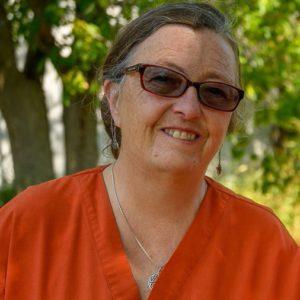
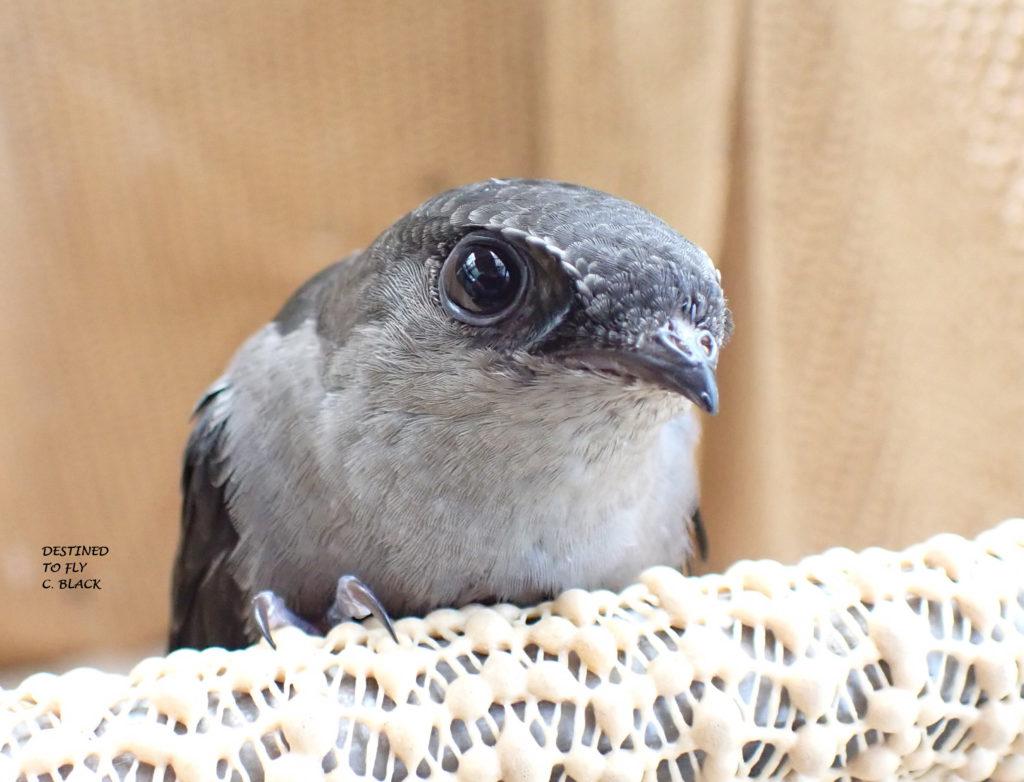
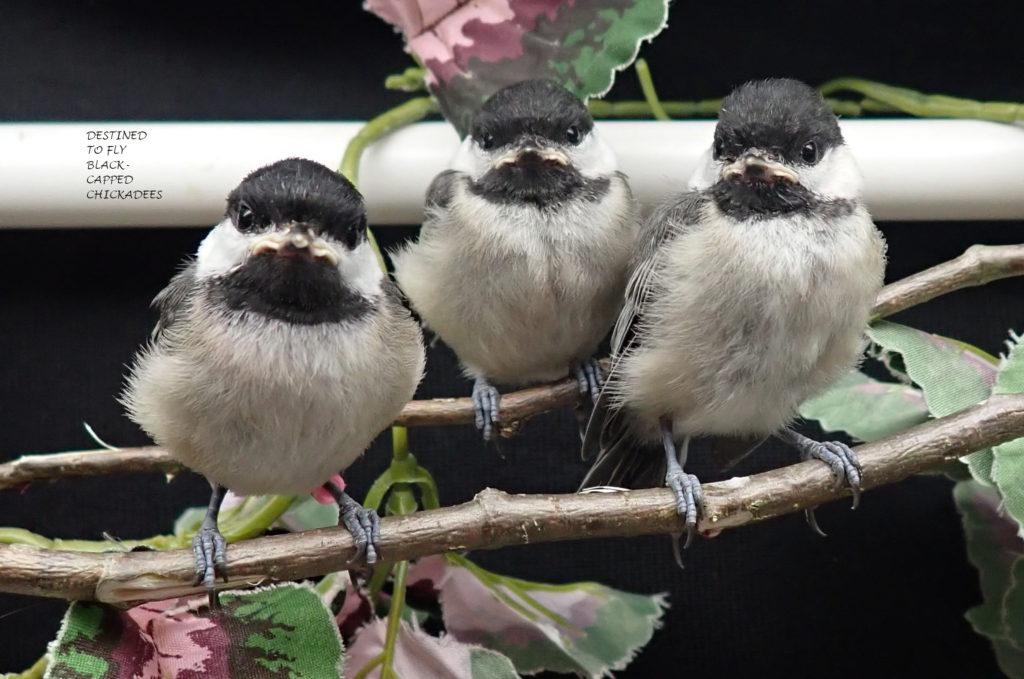
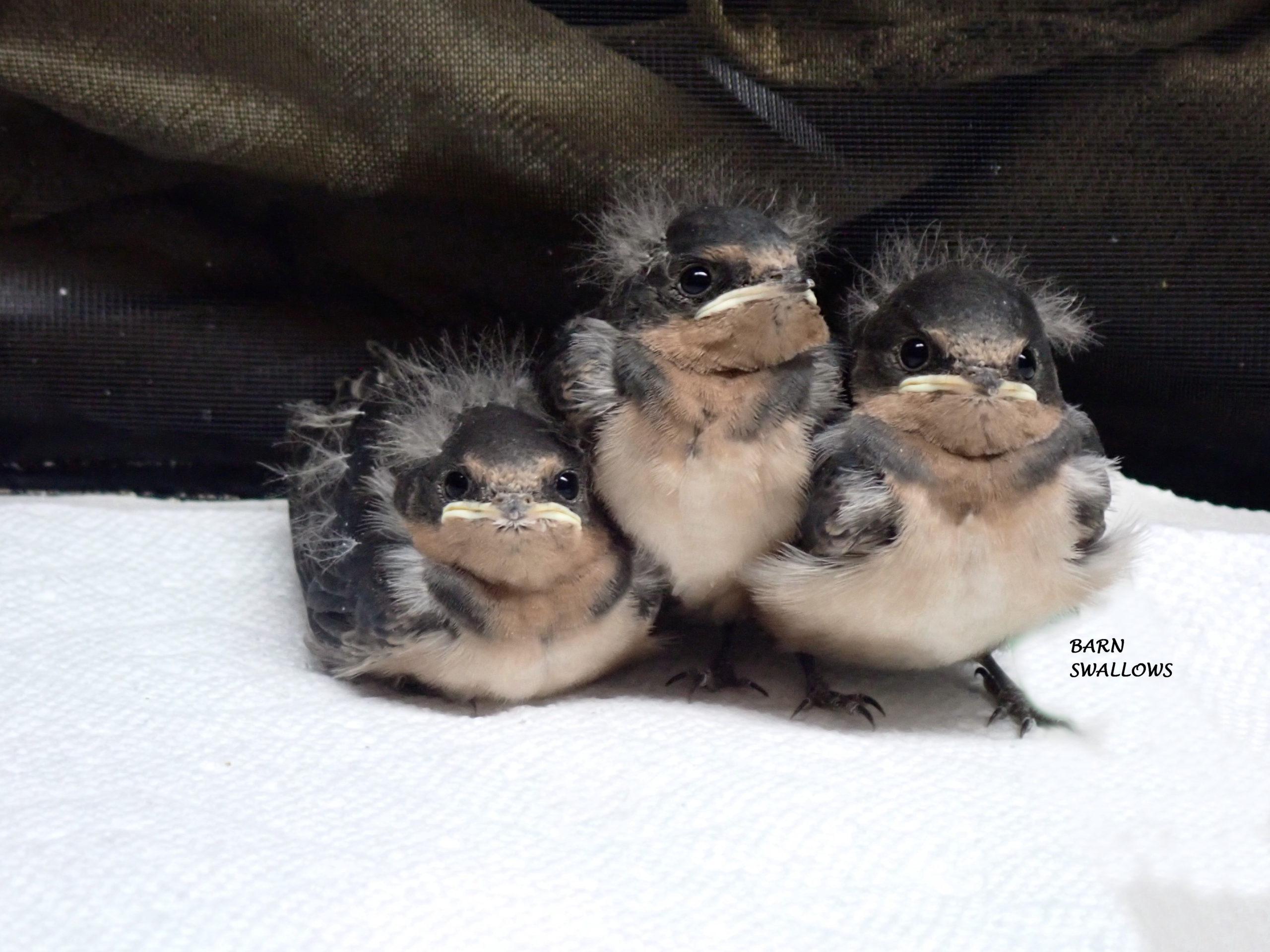
Leave a Reply
You must be logged in to post a comment.